Keywords: Corporations
There are more than 200 results, only the first 200 are displayed here.
-

ENVIRONMENT
- Frank Brennan
- 28 November 2016
'No matter what the economic, political and legal problems confronted by modern day India, our response can be improved by an application of the key principles and norms developed in the international law of trade and human rights, helping to enunciate the realm of law, regulation and political accountability, enhancing public scrutiny providing the right environment for doing business.' Frank Brennan presents the 25th JRD Tata Oration, Xavier School of Management, Jamshedpur, India, 26 November 2016.
READ MORE
-
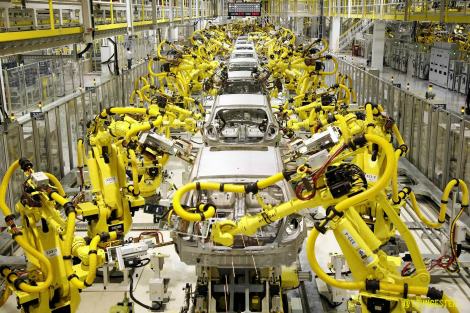
ECONOMICS
- David James
- 21 November 2016
9 Comments
The idea that machines will replace humans, transforming the work force, is far from new. As technology develops at an accelerating pace, there is growing concern that new social divisions are emerging. While there are signs of deepening social divisions between the rich and the rest of the working population, previous predictions of a collapse in employment have proven to be wrong. This is largely because a confusion arises from conflating production and transactions. They are not the same thing.
READ MORE
-
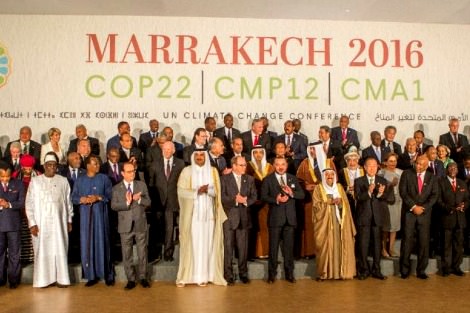
ENVIRONMENT
- Thea Ormerod
- 17 November 2016
9 Comments
The evangelical Christian vote no doubt assisted the climate-denying Trump to his election victory, yet it is remarkable how out-of-step it is with the general view of faith communities globally. This view was made abundantly clear the day after Trump's victory on 10 November, with the release of an Interfaith Statement in Marrakech, Morocco, and it should stand as a challenge to those in public life who continue to block climate action.
READ MORE 
-
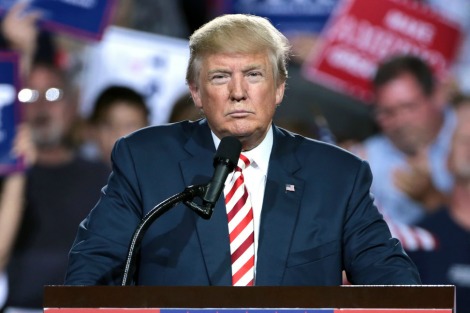
INTERNATIONAL
- David James
- 10 November 2016
17 Comments
The first step for a business person is to make the sale, usually by over-promising and tapping into the emotional triggers of the customer. That is what Trump did. Over and over, he assured everyone that electing him would be 'fantastic'; he would deliver; customer-value is in the bag. The next step, once the sale is made, is for a hard financial logic to be applied. Trump's hype will be, at the very least, toned down. Once the customer has coughed up, business people typically become extremely pragmatic.
READ MORE 
-

AUSTRALIA
- Andrew Hamilton
- 12 October 2016
5 Comments
The best writers on sport show that it is a metaphor for life. Perhaps that is why the triumph of the Western Bulldogs in the AFL Grand Final has been so ruthlessly milked for larger significance. But I would like to exploit it once more for the way in which it illustrates the weakness of a liberal politics that assumes that all will benefit from the economic growth that unfettered competition between individuals yields. The joy of the Western Bulldogs victory lay in its challenge to these assumptions.
READ MORE 
-

MEDIA
- Susie Garrard
- 29 September 2016
2 Comments
Almost all territories have their own popular artists, writing and performing in their native languages. However, many of these musicians seem unable to break into the wider market. In terms of marketed music, there is no doubt that English speaking artists hold sway. Yet some artists, such as Sydney Aboriginal band Dispossessed, who perform in both English and in language, and Cardiff native Gwenno, whose debut solo album is sung entirely in Welsh and Cornish, are bucking the trend.
READ MORE 
-
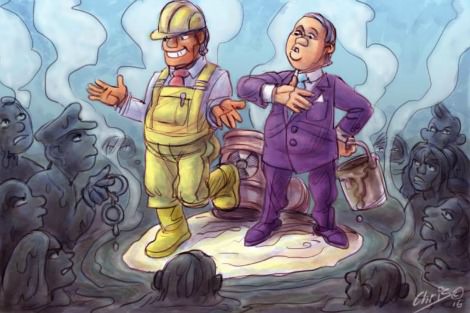
ENVIRONMENT
- Bronwyn Lay
- 23 September 2016
3 Comments
Last year I sat in the offices of one of the judges of the International Criminal Court as we spoke about the possibility of ecocide law becoming an international crime against humanity. An international law against ecocide at its simplest is the criminalisation of mass destruction of the environment due to human action. At that time I heard that the obstacles were not legal, but political. Last week the ICC announced it may hold corporate executives and governments legally responsible for environmental crimes.
READ MORE 
-
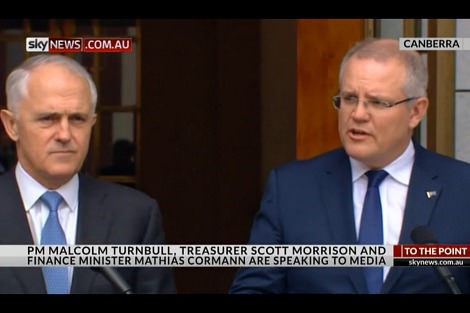
ECONOMICS
- Andrew Hamilton
- 20 September 2016
4 Comments
It is a welcome change to see budgets spoken of in moral terms. The government recently insisted on a moral responsibility to future generations to fix the deficit. And the Australian Catholic bishops welcomed on moral grounds the compromise that saw dropped from the budget measures which would further disadvantage vulnerable people. The difference was that the government's argument was focused on the budget, whereas the bishops' focused on particular groups of people.
READ MORE 
-

AUSTRALIA
- Bronwyn Lay
- 09 September 2016
17 Comments
When I read this week that Tony Abbott and John Howard will hear no talk of a Treaty with Aboriginal Australia, my first thought was 'Who listens to these blokes from ancient political history?' Abbott conceded that it is important to recognise Indigenous Australians were here first, 'But once it goes beyond that I think you open up all sorts of other things.' That is true, and those other things to be opened up are incredibly legally exciting and relevant to our times.
READ MORE 
-

ARTS AND CULTURE
- Ellena Savage
- 08 August 2016
4 Comments
The talking heads say the same things I once heard on Illuminati documentaries. In place of Pharrell Williams making suspicious hand gestures though, the blame for the unpleasant outcomes of a healthy free market is bestowed on the western world's maligned: refugees, Indigenous people, queer people, the working poor. These talking heads, who feel desperate and inferior because they have never contributed anything to anyone other than themselves, are eschewing their complicity in harm.
READ MORE 
-
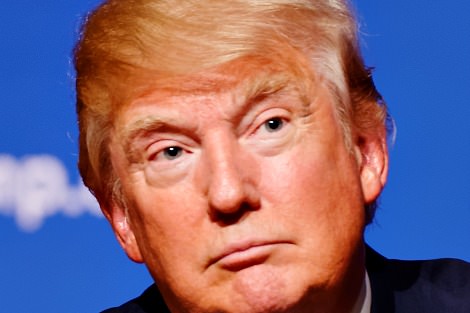
ENVIRONMENT
- Greg Foyster
- 03 August 2016
6 Comments
The neoliberal right is losing political power to the populist right, which isn't filled with the same ideological zeal for free-market capitalism. Suddenly debates can expand beyond the narrow confines of economic growth. Moral and social arguments won't be relegated to the intellectual fringes anymore. Mainstream parties of the left and right, both of which bought into the neoliberal agenda, will have to break their bipartisan dismissal of discontent with the side effects of globalisation.
READ MORE 
-
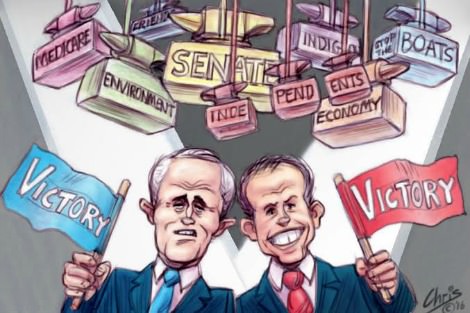
AUSTRALIA
- Andrew Hamilton
- 04 July 2016
17 Comments
After a plodding election race the stewards have called for a photo. But it looks more likely that Turnbull will be able to form a government. If so, he will need to address the interlocking challenges that we face in order to leave our children a world of possibility. The hope will be muted because both major parties promised little or nothing to address them. But we can take heart that there is certain to be an independently minded senate that can consequently strike down bad policies, and keep asking what kind of an Australia we want.
READ MORE 